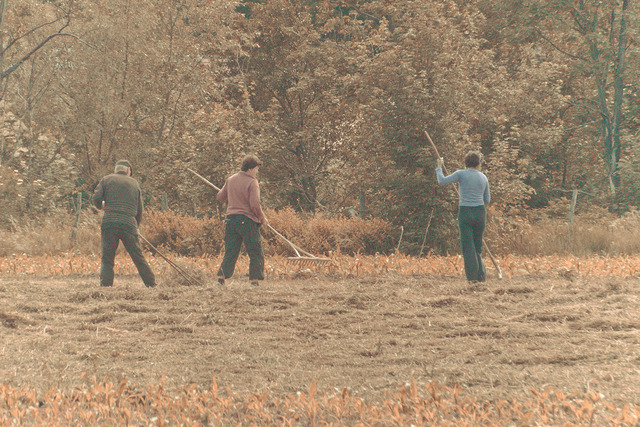Several months ago I decided the following mantra would define the next year:
“Work for anyone, on anything, for any amount of money.” I still was (am) new to Los Angeles and the entertainment business. I figured regardless of what I did, I’d learn something new. More importantly, a blanket “yes” without regard to my specific interests or career direction would stop the cost-benefit analysis that zips through my head every time it’s time to act. This analysis usually led to choice paralysis, which in turn led to no action at all.
Take away choice and the malady cleared right up.
It’s akin to the Jim Carey movie, YES MAN, only much more degrading, not nearly as funny, and no meeting Zooey Deschanel at some hipster dive bar. Which I suppose makes it nothing like YES MAN whatsoever.
The experiment led to a smattering of entertainment experiences dabbled from every inch of the palette, some great, some less so. But I wouldn’t trade any of those experiences for anything. Not that I loved my first day on set, a 16-hour PA shift for DESPERATE ACTS OF MAGIC — I was surly and miserable afterwards — but I learned a lot, watched some great people work, and popped my PA cherry.
The mantra (“anyone, anything, any amount of money”) led to my first script writing classes with Pilar Alessandra, my first Pitch Fest, my first casting gig, my first trip to the Film Market, and my first production coordinator job. Of course, not every something leads to something else, for a variety of reasons. Sometimes things just didn’t click, or I didn’t make the best first impression. Or I made choices that others didn’t appreciate, which can really hurt you if you get hung up on it.
Other times I did my best, for little or no money, and still no new opportunities came to fruition — another circumstance that’ll hurt you only if you dwell on it. I don’t like to think of this as getting burned (when you do free work, you kinda have to let go of the “getting burned” mentality as you’re working towards the intangible value of good will.) It doesn’t make it sting any less: for example, writing three free coverages for a producer who, after the fact, won’t take your calls or return e-mails. Or reading for a well-known independent film festival and your point person barely bothers to mutter a thank-you before walking away. None of these experiences leave you with the warm and fuzzies.
It’s discouraging if you let it be. If you’re not zoned for the proper mindset, which is: be completely ambivalent and unaffected by your results. Do your best work with zero expectations, and follow it by accepting whatever you get in return, whether it’s a thank-you, more work, or just the experience. Then nothing can hurt you.
Photos Credit: Marian Caraban









